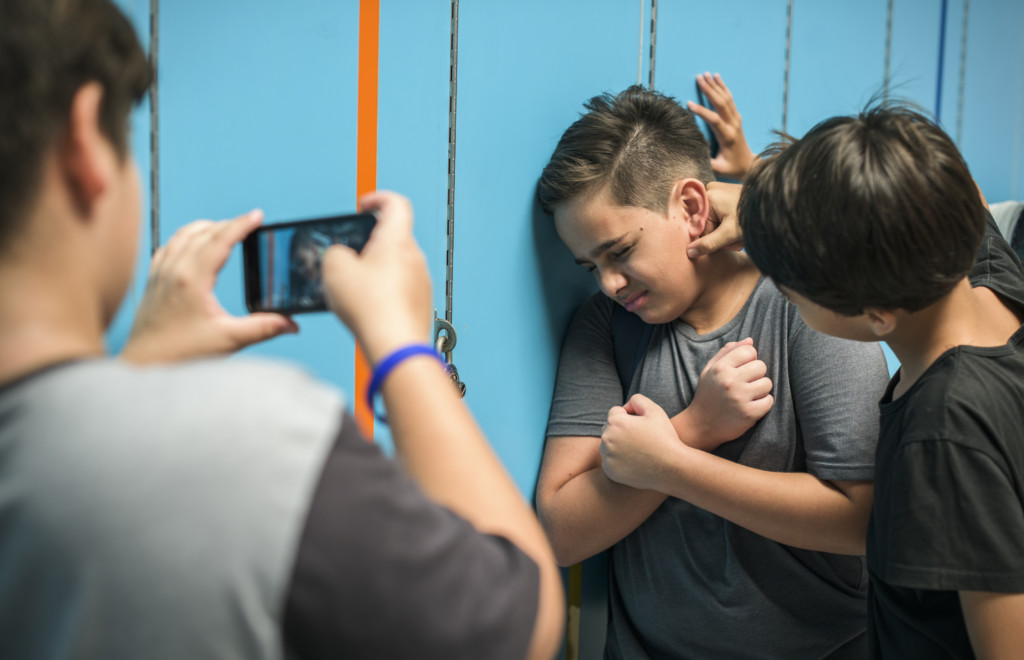 Florida school districts are routinely failing to notify parents of bullying victims that their children are eligible for new school choice scholarships aimed at giving them safer options, say parents who responded to a survey about the new program.
Florida school districts are routinely failing to notify parents of bullying victims that their children are eligible for new school choice scholarships aimed at giving them safer options, say parents who responded to a survey about the new program.
Districts are required by law to notify parents about Hope Scholarships after bullying incidents are reported. But 71 percent of Hope parents surveyed by the Learning Systems Institute at Florida State University said they learned of the scholarship through other means, such as private schools, internet searches and social media.
The survey size is small – 49 of 122 parents who secured the Hope Scholarship in its inaugural year. But their responses may help explain why two years after its creation, the scholarship is only serving a few hundred students, even though tens of thousands of students every year meet the eligibility criteria.
There are 368 Hope students this year, up from 127 in year one.
“Nobody at the public school told us anything about it even after repeated instances of bullying and us complaining about it,” one parent wrote.
“The school seemed very hesitant to give me the (Hope Scholarship notification) form,” wrote another. “I had to go to the office and basically demand it and make them sign it.”
Former Florida House Speaker and now Florida Education Commissioner Richard Corcoran spearheaded creation of the Hope Scholarship in 2018. The first-of-its-kind scholarship gives victims of bullying, harassment and similar incidents the option to attend private school or transfer to another public school.
The new report is rife with heart-wrenching quotes. One victim was slapped in the head 20 times in class. One had his head slammed against a concrete wall so hard it made him dizzy. Another had his lunch stolen nearly every day by kids who would eat it, step on it and throw it in the garbage. “I was crying in the car,” said the parent of another, “and (my child) is like, please mama, I don’t want to go back to that school.” The school climate, said yet another, was “like a slaughterhouse.”
Two thirds of the parents disagreed or strongly disagreed that the incidents were investigated in a timely manner or taken seriously by the district. Many expressed frustration with district officials who didn’t know the legal requirements for Hope – or, in their view, didn’t want to follow them.
By law, school districts must inform parents about the Hope Scholarship within 15 days after incidents are reported. They must provide the parent with a completed Hope notification form that verifies the incident was reported and the parent was informed. The form is needed to start the application process.
“Staff seemed to view the completion of the form as admitting their own guilt in some way,” one parent wrote. “There was resistance to signing at first until I produced the statute and accompanying memo from the (Florida Department of Education).”
In light of an ongoing debate about policies regarding LGBTQ students at some private schools, it’s worth noting that several Hope parents said their children were bullied in district schools because of their actual or perceived sexual orientation.
“He was ostracized from his peers and when kids would hang out with him, they would get bullied as well or told to watch out, if he touches you he’ll make you gay too,” said one. “My son was repeatedly called names such as f-----, gay boy, loser, etc. along with adult language,” said another.
Hope Scholarships are worth about $7,000 a year. They are funded by contributions in return for sales tax credits on motor vehicle purchases. So far this year, taxpayers have contributed $42 million.
The parent survey is part of a program evaluation required by statute. The Florida Department of Education hired the Learning Systems Institute.
Among other findings:
· Most Hope Scholarship recipients are white (48 percent). Most were in middle school (47 percent). Bullying was the most common incident reported (34 percent).
· Most respondents said the application process was easy (83.7 percent) and most disagreed or strongly disagreed that it took too long (75.5 percent).
· Seventy-three percent said finding a safe school using the scholarship was very easy or somewhat easy. Twenty-seven percent found it somewhat or very challenging.
· Respondents gave their children’s new schools high marks for safety, environment and engagement. On a scale of 1 to 4, overall ratings for the new schools averaged 3.58, compared to 1.85 for the prior schools.
One Hope parent said her son was two grade levels behind in reading in his prior school “because of all the issues.” But in his new school he revved two grade levels ahead.
“It’s the best experience I could have ever hoped for,” she said.